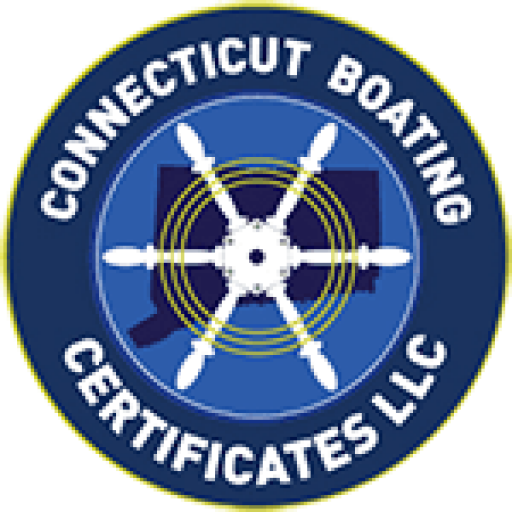Call: 1-800-832-7191
USCG Boating Safety Circular
What the USCG Boating Safety Circular Provides USCG Boating Safety Circular delivers essential updates, safety alerts, and regulatory guidance for recreational and commercial boaters. These circulars help mariners stay informed about new equipment standards, accident trends, and enforcement priorities. Because safety is a shared responsibility, the Coast Guard uses these publications to promote awareness and compliance. Each circular addresses specific topics, …
